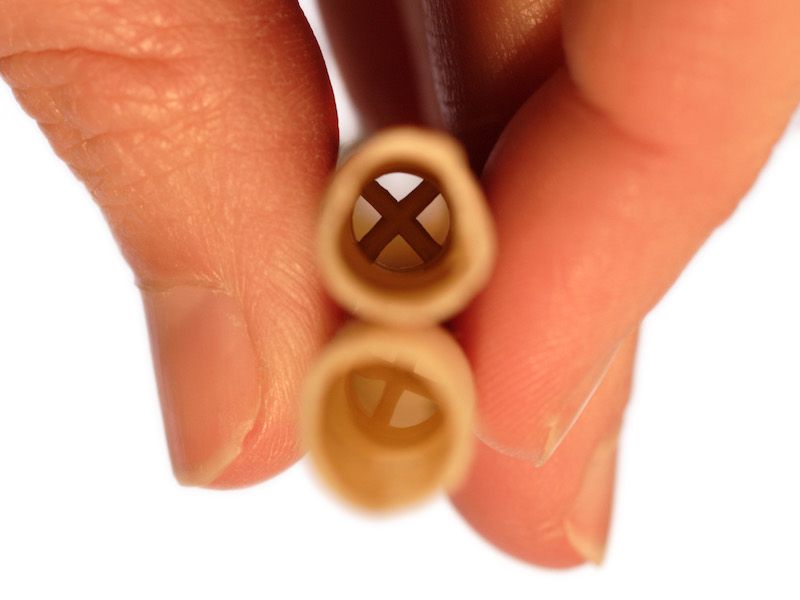
There’s a lingering idea in some circles that a practice known as “ear candling” is a good way to minimize your earwax. What is ear candling, and does it work?
Earwax Candles, do They Work?
Spoiler alert: No. They absolutely don’t work.
Why then, does this bit of pseudo-science keep burrowing its way into the minds of otherwise rational people? That’s a difficult question to answer. But although the sensible decision is pretty obvious, knowing more about the dangers of earwax candling will help us make an educated choice.
Earwax Candling, What is it?
So here’s the basic setup: Maybe you’re not certain how to remove all your built up earwax. You’ve read that it’s risky to use cotton swabs to clear your earwax out. So you start looking for an alternative and stumble on this method known as earwax candling.
Here’s how earwax candling allegedly works: You develop a pressure differential by inserting the candle in your ear, wick side out. This pressure differential then pulls the wax out. Theoretically, the pressure difference is enough to break up any wax that may be clogging up your ear. But this harmful technique is not a good way to clean your ears.
Why Isn’t Ear Candling Effective
This practice has several problems, like the fact that the physics just don’t work. There’s just no way for a candle to generate that kind of pressure differential (and in order to move earwax around, that pressure difference would have to be pretty substantial indeed). Also, a candle doesn’t have the kind of seal necessary to maintain pressure.
Now, the candles that they use in these “procedures” are supposed to be special. All of the wax that was in your ear can be found within the hollow portion of the candle which can be broken up when you’re done with your 15 minutes of ear candling. The only problem is that the same debris shows up in both used and unused candles. So the whole process amounts to fraud.
Earwax candling hasn’t been proven scientifically to have any benefit whatsoever.
So Earwax Candling Doesn’t Work, But How Safe is it?
So, you may as well give it a shot, right? Well, you’re asking for trouble anytime you get a hot candle around your ears. Look, it’s very possible that you may try ear candling and leave completely unscathed. People do it regularly. But there are definitely risks involved and it’s definitely not safe.
Here are a few negative impacts of ear candling:
- You might cause significant harm when you play around with an open flame and possibly even put your life in danger. You wouldn’t want to burn your house down, would you? Eliminating a bit of earwax isn’t worth that amount of danger and risk.
- Your ear can be seriously burned. When melted candle wax gets into your ear, it can result in extreme hearing problems and burns. This could permanently jeopardize your hearing in the most extreme cases.
- Candle wax can also block your ear canal after it cools down. This can cause you to temporarily lose your hearing or, in the most serious cases, call for surgery.
You Can Keep Your Ears Clean Without Needing a Candle
In the majority of situations you won’t even have to be concerned about cleaning earwax out. That’s because your ears are really pretty good about cleaning themselves! But you might be one of those individuals who have an uncommonly heavy earwax production.
If it happens that you have too much earwax there are practices that have been proven to work safely. You could try a fluid wash, for example. Another alternative would be to consult a hearing care professional for an earwax cleaning.
You should continue to stay away from cotton swabs. And open flames are not ok either. Earwax candling doesn’t work, and it can create risks that will put your comfort and your hearing in significant peril. So maybe it’s time to put those special candles away.

